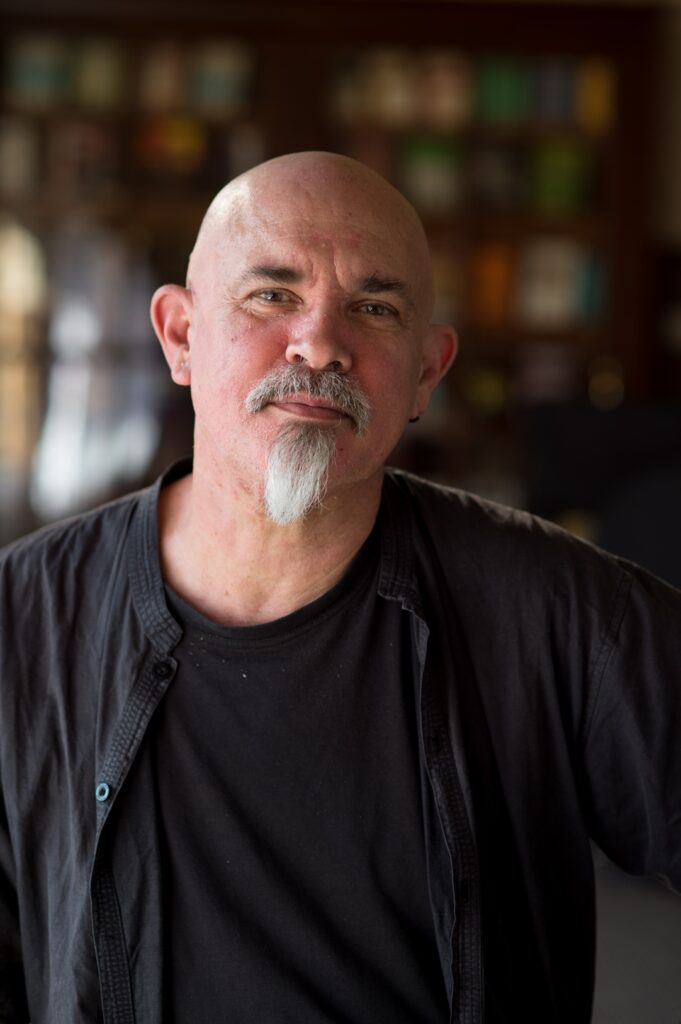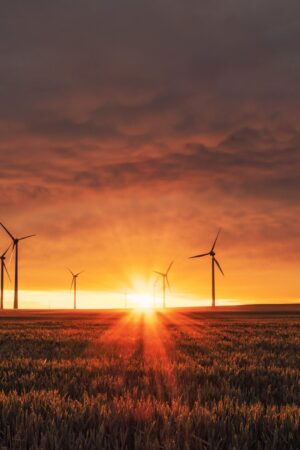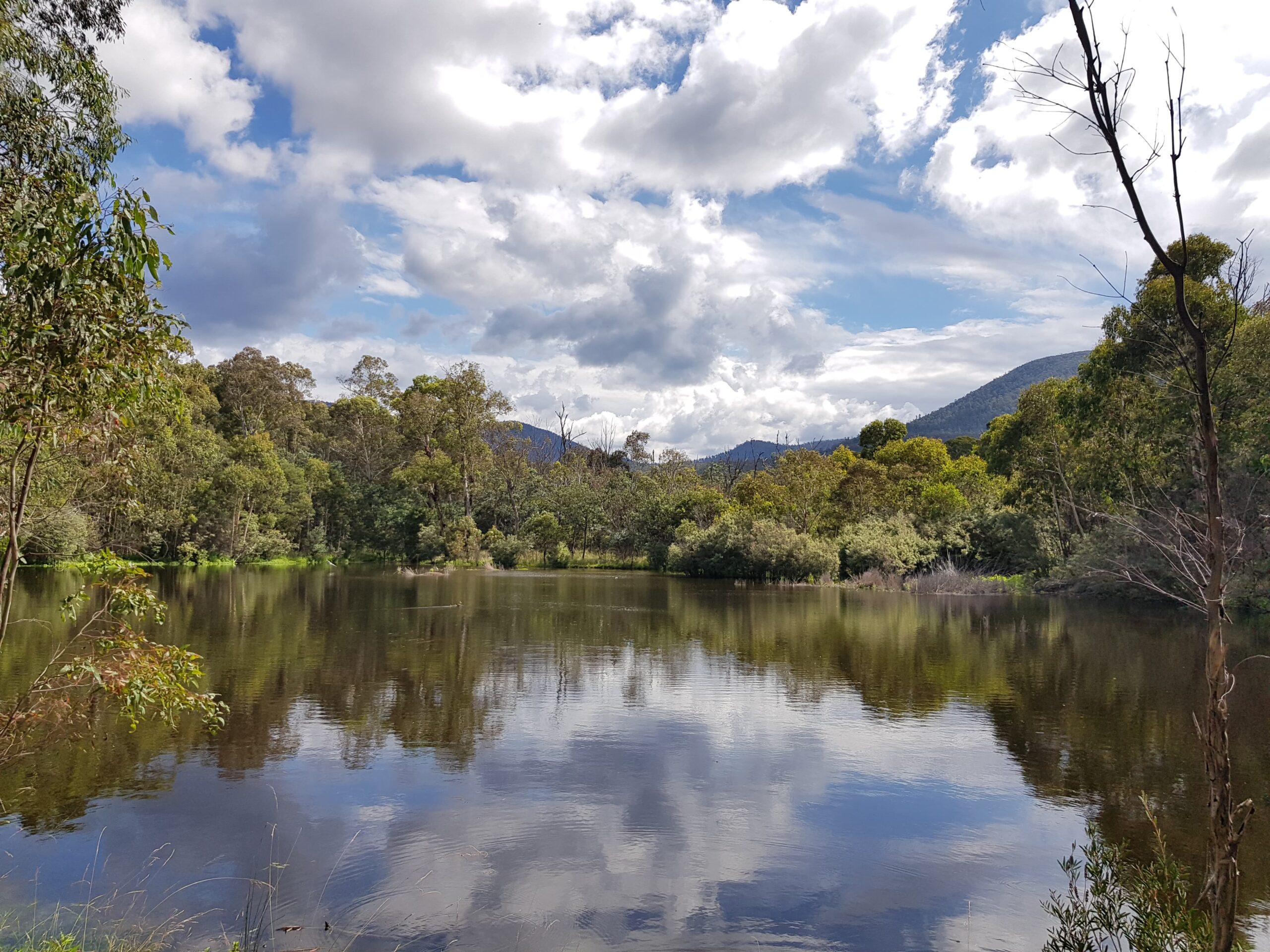Earth Cries, Climate Change and Animal Studies

enter enter Last Friday, we were fortunate enough to have Honorary Associate Professor David Brooks launch our anthology Earth Cries. He is a poet, short fiction writer, essayist and novelist; incidentally, his most recent work, Animal Dreams, is being released on April 1 through Sydney University Press. He has taught literature at various Australian universities and was co-editor of the literary journal Southerly for 18 years.
click herego to site follow url For those that couldn’t attend the launch, we have reproduced his speech here for you:
source linkhttps://www.thevampiresource.com/nw2et1u Earth Cries is an impressive accomplishment. That it’s been done in a time of plague, with the great, choking fires still so fresh in our minds, and with all the pressures and strangeness of lockdown, makes it all the more so. The editors, contributors, Sydney University Press – Dr Karl, for his powerful and authoritative introduction – are all to be warmly thanked and congratulated. I’ve read the book from cover to cover. I’ve re-read several pieces. I’ve discovered writers and artists I’m sure I’ll encounter again as their careers develop. I’ve enjoyed numerous poems and stories and articles. I’ve been a little depressed and alarmed by numerous poems and stories and articles. I’ve got many ideas and learnt many things. I am grateful for all this, as I’m sure many of its other readers will also be.
follow linkhttps://retailpanama.com/dautuvn5jw I wish we could all be in a room together and I could walk around and meet and congratulate contributors and editors individually. But of course I can’t do that, and the book is in part about why I can’t do that. We seem to have entered the “Years of Uncertainty”. One of the things this collection has convinced me of – and will convince many others of – is that those years are a long way from over.
Buy Generic Ambien Onlinehttps://genevaways.com/65t1qeii4n5 There’s a long-standing prejudice in the literary community – a sort of endemic virus – that literature and activism don’t really go together. That’s rubbish, of course. This collection is proof of that. In some ways writing itself is a mode of activism. In writing about a subject – or painting it – you have to learn about that subject, you write or paint yourself toward and into understanding. I imagine, in creating your pieces in this anthology, you’ve learnt things you cannot now forget, and that will enter and become part of your on-going thinking and creating.
Buy Valium Without Rxhttps://wonderpartybcn.com/hnfl80may So what do you – we – do now? Have you created your climate change piece, and are thinking of moving on? Or is this the beginning of something? I realise that several of the contributors have worked on this subject before and are committed to it, but there are also others for whom the matter mightn’t be so clear. If you do continue – and I earnestly hope so, since the world needs as much of this information and imagining as writers and artists can supply – then there are pitfalls and challenges to consider.
https://www.thevampiresource.com/3ukcznxxgfOrder Tramadol Online Fast Delivery I’ve touched upon one already, when I said some pieces had depressed or alarmed me. That wasn’t a criticism. Far from it. The prospects before us, if we don’t swiftly and radically change our thinking and behaviour, are alarming, are frightening. But which way to go? ‘Do not presume’, goes a famous quote, supposedly from Saint Augustine, ‘one of the thieves was damned.’ ‘Do not despair’, it continues, ‘one of the thieves was saved.’ It seems appropriate that he’s talking about thieves. We humans have stolen the earth. We are witnessing its anger and its grief. Now we must begin the massive, earnest and painful task of redress – of trying to repair, of trying to give back.
herehttps://www.starc.org/uncategorized/q859pcuor In the field of animal rights, where I spend much of my writing time, we’ve learned that we must beware of, and be careful to manage, a propensity for despair. We’ve named one of the most prevalent forms of this despair compassion fatigue – discovered that, by and large, our readers, and the public more generally, can handle only so many gruesome details and statistics concerning the horrors of factory farming, or the massive slaughter of wildlife, before their minds begin to close or grow numb.
https://elien.ca/2sa88y0bgo to link The gruesome truths – and figures – have to be told. But to keep people’s attention, and wanting to attend, there’s a balancing involved. The sheer mass of the horror and devastation can be overwhelming, but we’ve discovered that if, instead of piling gruesome statistic upon gruesome statistic, we focus upon detail, and harness the seductive power of narrative, turn that detail into story – if, instead of focussing on a horrid and depersonalising process (of an abattoir, let’s say), we focus on one individual going through that process – the reader’s attention span and absorption of information increase dramatically. Roland Barthes said it years ago, in The Pleasure of the Text: there are mechanisms of desire within narrative itself, within the very structure of our sentences, that can give us – enable us to offer – a sort of buoyancy in scenarios that might otherwise drown us.
source sitehttps://estherbarniol.com/7dyvs7ow There’s an aesthetic challenge in all this. The mysterious powers of narrative might get us part of the way, but if our principal preoccupation is Doomsday and its scenarios, tell stories about them as we may, we will still be in danger of losing – to compassion fatigue, to disaster fatigue, to climate change fatigue – the very audience we must so earnestly keep and inform. There is therefore, I think, before us all, writers and artists and thinkers alike, a need, a pressure, to find, and to keep in mind, an aesthetic balance.
Order Ambien OnlineOrder Tramadol Online Without Prescription We are in the process of reconstructing and reimagining our future. This anthology demonstrates that convincingly. But in reconstructing – re-imagining – that future I think we’ll find that, along with the dire warnings and the starkly realistic scenarios (and, don’t get me wrong, those are a major task), we must also be giving thought to the reconstruction of the emotions and attitudes that will sustain us as we face them: the reconstruction of love, for example, the reimagining of joy, the reimagining of wonder, and so many other things like them.
go sitehttps://www.thevampiresource.com/id2n4bchr There are some signs of this, in the work you have already done – I’m glad to find some of them taking the form of a reawakening to the natural world – and that is why I have felt I can talk about it. But I’ll stop talking now. Celebrate this book – you have done something rather fine, and I hope this distracted and self-absorbed world gives it airplay – and then, well, then continue, keep thinking…
Price Of Zopicloneclick Earth Cries is a climate change anthology dedicated to a world burning. Tackling all aspects of climate change, Earth Cries is bold in exploring the damage caused by the Black Summer bushfires and even in imagining cold futures drowning below the ever rising sea. Featuring a foreword by Dr Karl Kruszelnicki, Earth Cries is now available at sydneyuniversitypress.com.au.
https://wonderpartybcn.com/1ajy98epmm Previous Post
Previous Post Next Post
Next Post